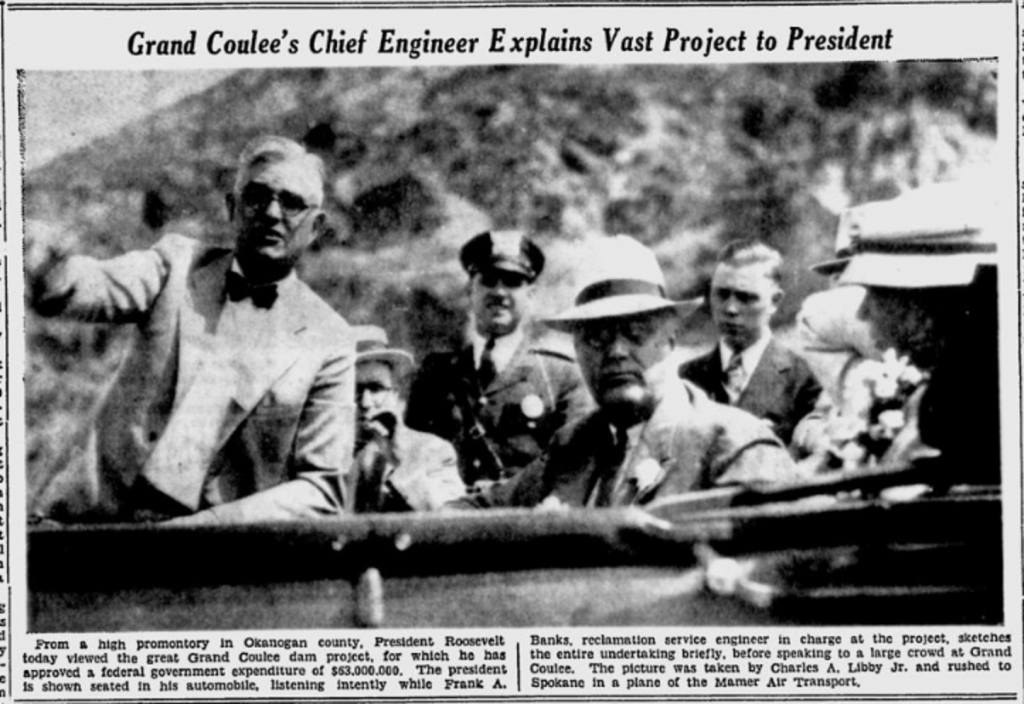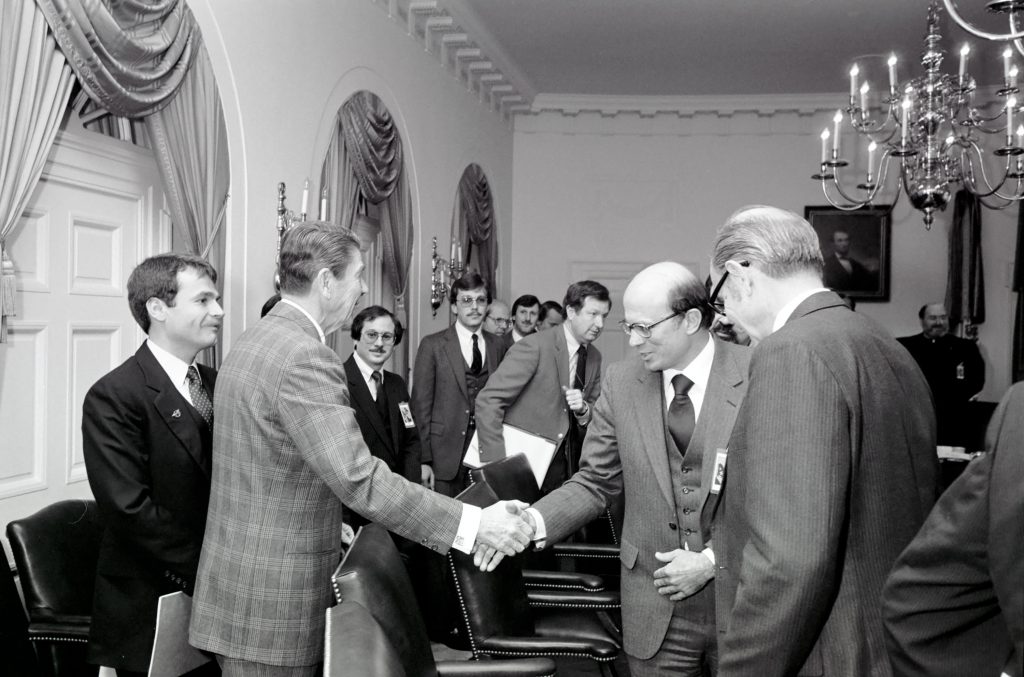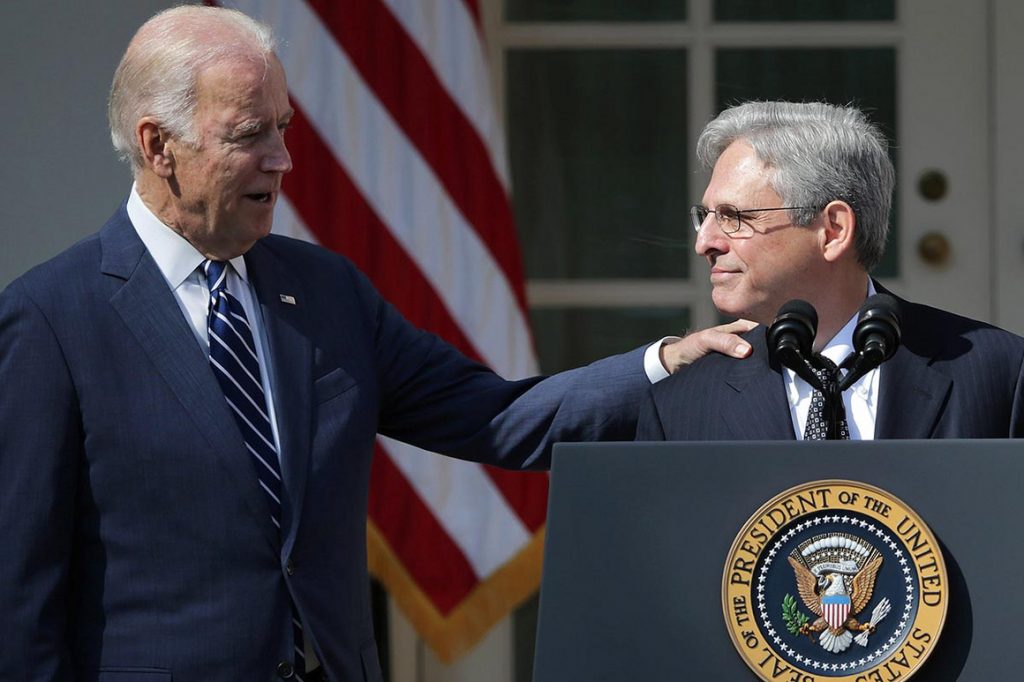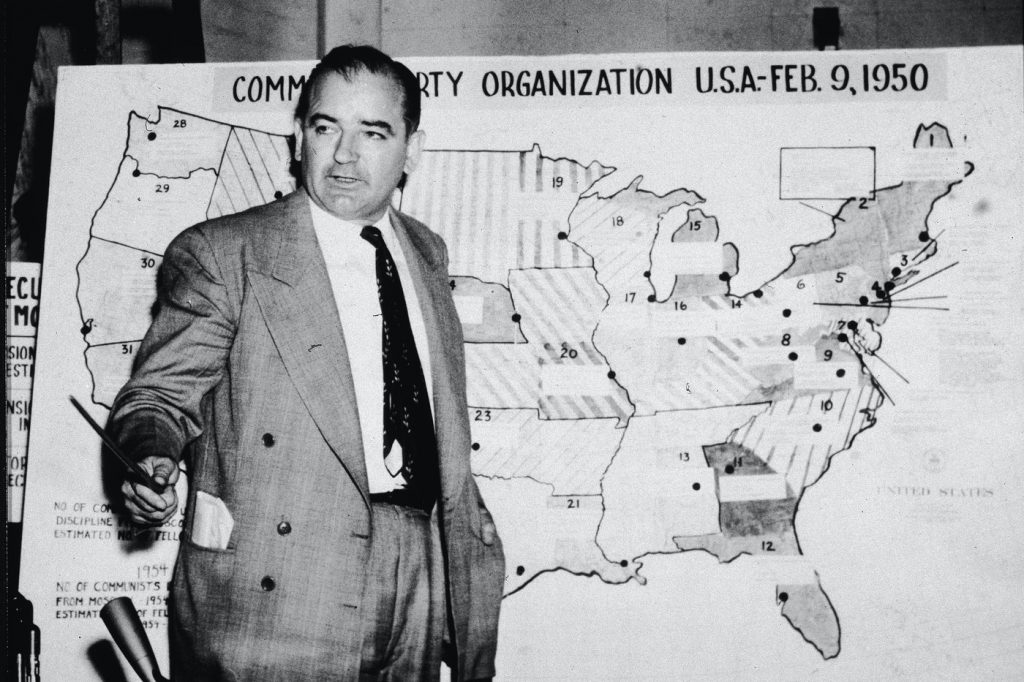There was an almost perfect alignment on the political right this week of two seemingly disconnected issues, and where things head with both will tell us a lot about the future of the Republican Party and American democracy.
At issue in both cases is what was once called character – moral and ethical behavior as a necessary condition for public leadership. Conservatives made a choice, whether they realized it or not, when they embraced as their leader a congenital liar with the ethics of an alley cat, and I know that is damning to alley cats everywhere.
There are a multitude of reasons why American democracy is imperiled, but one political party abandoning character is pretty high on the causation list.
So, two examples right now:
In a Dallas courtroom this week a federal judge ruled that the National Rifle Association (NRA) could not use a bankruptcy proceeding to shift its operations from New York to gun friendly Texas simply in order to avoid governmental oversight. The NRA has been sued in New York in an effort by the attorney general there to shut down the powerful and powerfully corrupt outfit.

“The NRA’s influence has been so powerful that the organization went unchecked for decades while top executives funneled millions into their own pockets,” New York attorney general Letitia James said when she filed the lawsuit last year.
The Texas judge essentially agreed that the NRA defense against fraud charges was itself fraudulent. Now, as the New York litigation proceeds, we will almost certainly get a detailed look at the millions and millions of dollars of blood money that have gushed for years through the NRA, enriching charlatans like Wayne LaPierre, the NRA’s chief mouthpiece. This money, ginned up by gun manufacturers and gullible Americans who have bought the fiction that any restrictions on guns is tantamount to a commie plot, has allowed an allegedly non-profit organization to make the Republican Party its wholly owned subsidiary.
LaPierre testified during the bankruptcy proceeding, as the New York Times noted, “that he didn’t know his former chief financial officer had received a $360,000-a-year consulting contract after leaving under a cloud, or that his personal travel agent, hired by the NRA, was charging a 10 percent booking fee for charter flights on top of a retainer that could reach $26,000 a month for Mr. LaPierre’s globe-trotting travel to places like the Bahamas and Lake Como in Italy. Mr. LaPierre’s close aide, Millie Hallow, a felon, was even kept on after being caught diverting $40,000 in NRA funds for her son’s wedding and other personal expenses.”
The judge was astounded that LaPierre had cooked up the bankruptcy ruse without consulting many top NRA executives or informing most of the organization’s board of directors. In the “all politics is local” department: former Idaho Senator Larry Craig has been on the NRA board since 1983 and a former executive director of the Idaho Republican Party has run the public relations shop at the NRA for years. Both have had front row seats on the alleged corruption. Expect to hear more about their roles.
Almost everyone even vaguely familiar with the NRA over the last 40 years should have seen its corruption was hiding in plain sight. Lavish spending on its executives and sweetheart contracts with law and marketing firms were part of the grifting, as were the political contributions flowing to Republican candidates and doubling as protection money.
Republicans nevertheless kept cashing the NRA checks because, well, why not. And stoking anger about Democrats coming for your guns has proven to be good politics even if the weekly mass shootings are kind of difficult to explain. In other words: character be damned.
A few hours after the fraud and corruption at the NRA was made even more obvious, Republicans in the House of Representatives sacked from her leadership position the not-so-gentlewoman from Wyoming, Liz Cheney. Cheney’s crime was, of course, to take issue with the biggest lie – and the biggest liar – in the history of American politics. Fundamentally Cheney was calling out the GOP’s abandonment of character.

“Remaining silent and ignoring the lie emboldens the liar,” Cheney said before her cowardly colleagues, including Idaho’s two House sissies, sent her packing on a wimpy non-recorded voice vote. “I will not participate in that,” Cheney said. “I will not sit back and watch in silence, while others lead our party down a path that abandons the rule of law and joins the former president’s crusade to undermine our democracy.”
Cheney understands that there are bigger things at stake here than retaining political power. She’s playing a long game, hoping enough conservatives come to their senses and realize the party’s future shouldn’t involve the guy who incited an insurrection over the lie that an election was stolen.
Lord help her. She’ll need it.
“The pattern is striking,” Jeff Greenfield wrote recently in Politico, “if you want to survive as a Republican official, you will support the former president; if you support the former president, you will support laws that reflect his conviction that the election was stolen; if you enact those rules, you are making it more possible that he will win a second term. The party is talking with one voice; the voice is Trump’s, and it’s one that plenty of Americans are still perfectly receptive to.”
Once you accept the proposition that character is fungible, that lying to your supporters is the price to be paid for re-election and that your office in the Rayburn Building is more important than resisting an open attack on democracy, what’s left?
In a host of ways many conservatives, maybe even most have made their deal with the devil in his many forms. In the near term the bet looks pretty good. You can fool some of the people all of the time, after all, and maybe even win back the House next year.
In the longer run, by abandoning character, honesty and facts as the foundation blocks of democracy you’re left with a political movement that believes in nothing – except power. A Republican Party that continues to embrace the NRA and reject a Liz Cheney is precisely such a political movement.
—–0—–
Additional Reading…
The Secret Papers of Lee Atwater, Who Invented the Scurrilous Tactics That Trump Normalized
This is a very good story by a very good reporter, Jane Mayer. I would only quibble over whether Lee Atwater “invented” his approach to politics. I argue in my latest book that he adapted his style from an even earlier group of conservative activists, but Atwater certainly perfected the scurrilous tactics.

“In the nineteen-eighties, [Lee] Atwater became infamous for his effective use of smears. Probably his best-known one was tying Massachusetts Governor Michael Dukakis, Bush’s Democratic Presidential opponent in 1988, to Willie Horton, a Black convict who went on a crime spree after getting paroled in the state. A menacing ad featuring Horton was a blatant attempt to stir fear among white voters that Dukakis would be soft on crime. At the very end of his life, Atwater publicly apologized to Dukakis for it. But Atwater’s draft memoir makes clear that he had already mastered the dark political arts as a teen-ager. In fact, it seems that practically everything Atwater learned about politics he learned in high school. It’s easy to see the future of the Republican Party in the anti-intellectual dirty tricks of his school days.”
The Republican War Against Trans Kids
“Across the country, 33 states have introduced more than 100 bills that Chase Strangio, the deputy director for transgender justice at the ACLU, argues have a clear-cut goal in totality—’to stop people from being trans.’ Notably, the bulk of these bills focuses on kids: Some would prevent trans kids from using the restroom or locker room that corresponds with their self-identification; some would ban trans kids from participating in same-gender youth sports; others would outlaw gender-affirming health care for minors; and still others would essentially ban LGBTQ issues from being taught in classrooms. In April, the Florida state house even passed a bill that would allow for genital inspections of trans student athletes.”
Read the story here and another related piece here.
Seeking Stillness and Sunlight: On the Art of Fly-Fishing

“Angling is about anticipation and planning trips far in the future, but it also has a storied history. This sport has been practiced since Izaak Walton’s Compleat Angler was published in 1653, in ways that are, to the naked eye, fairly unchanged today, like a Shakespeare play performed on a thrust stage. Some people justify fly fishing with claims that it’s poetic, and, yes, there are moments of pure poetry, but the pleasures of fishing are also tactile and immediate. The theoretical considerations tend to enter my mind, sometimes against my will, when I’m not catching anything..”
If you love to fly fish you’ll enjoy this piece. David Coggins on the fishing life.





























